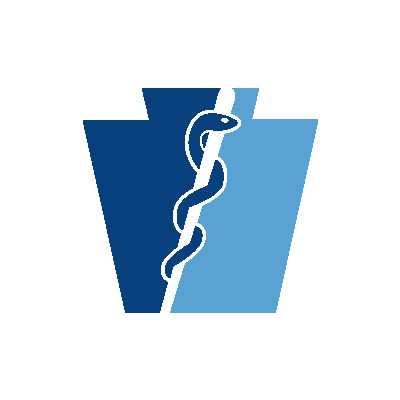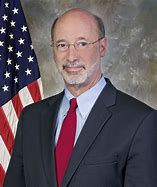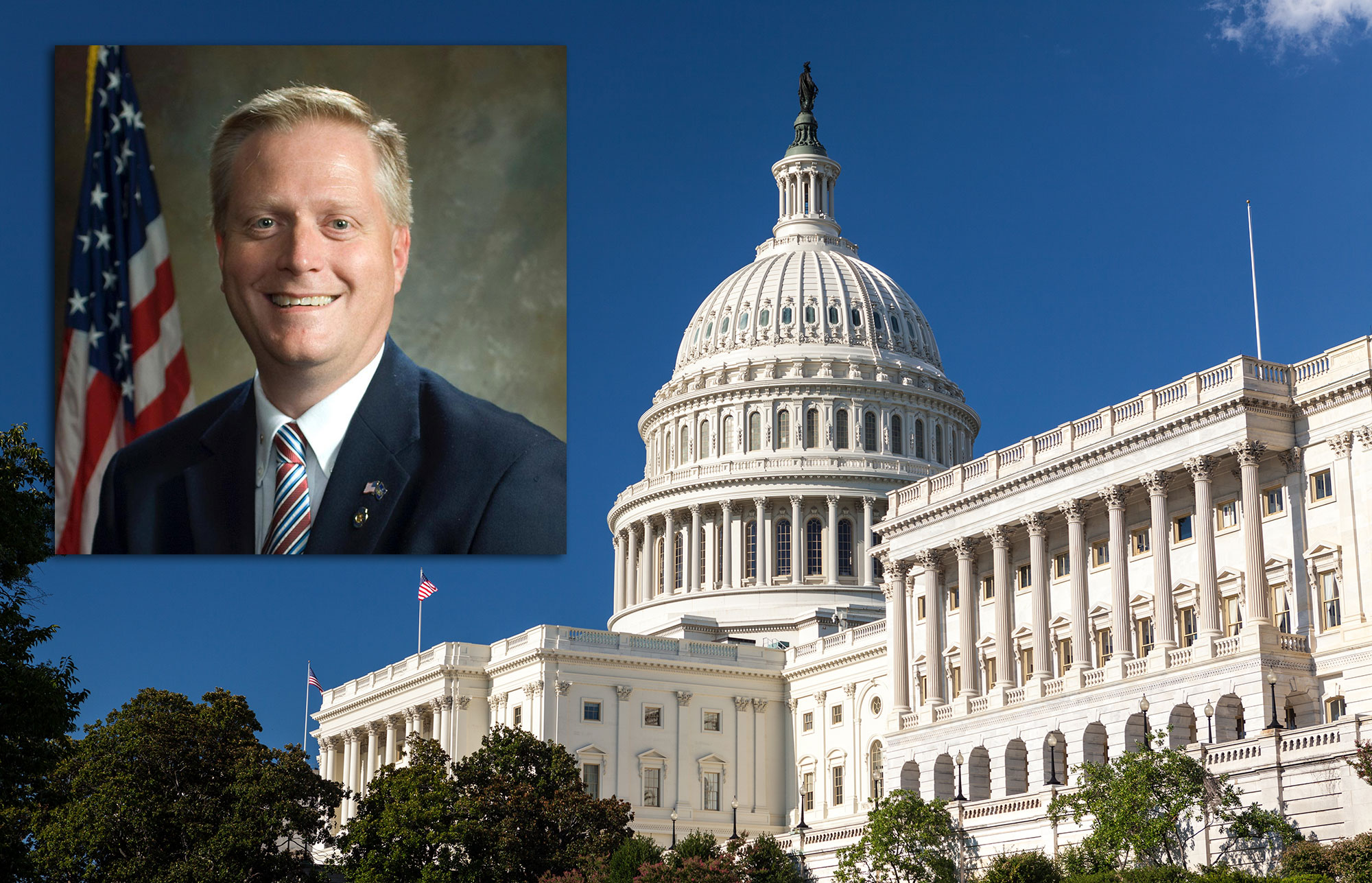The following is the result of a now more than 26-month long investigation
into the Williamsport Area High School Baseball Team trip
to Myrtle Beach, South Carolina in the spring of 2018.
This story is graphic and contains details related to multiple indecent sexual assaults.
The author and editor of this story have made the editorial decision to not publish the names of the individuals under the age of 18 at the time of the incident who have been clearly identified as committing these acts in this case since they have not been formally charged with a crime.
A Baseball Story In The Birthplace Of Little League Baseball
IF NOTHING HAPPENED IN MYRTLE BEACH
WHY WON’T THE WASD TELL US THE STORY?
PART XXIV –
“The unmasking of the non-punishments stay true to the Millionaire Way”
By Todd Bartley, TalkWilliamsport.com
News@TalkWilliamsport.com
Talkwilliamsport.com received an update on Friday from the Williamsport Area School District as part of its ongoing efforts through the Pennsylvania Right to Know Law.
The update was the removal of previously redacted information from one of the most critical aspects of this case to date; the so called punishments of those involved.
What if the punishments were the same for ALLEGED PERPETRATOR#1 whom Lycoming County District Attorney Ryan Gardner described as engaging in “criminal sexual misconduct” prior to referring the case to Pennsylvania Attorney General Josh Shapiro, and VIDEOGRAPHER #1?
Or as WASD solicitor Fred Holland put it when first contacted for this story in 2018 characterized the behavior of ALLEGED PERPETRATOR#1 as “indecent and inappropriate.”
What if the person most responsible for handing out these punishments at the school level (WAHS head principal Brandon Pardoe) was the same person who ran the investigation for the WASD?
What if the connective tissue was so obvious Pardoe had multiple conflicts of interest in the case from the beginning; but those conflicts were ignored to ensure the continuity of the secret “everyone knew in Myrtle Beach”?
From PART XIX – “The Millionaire Way” unredacted information is now underlined:
PARDOE INFORMS STUDENTS OF PUNISHMENTS – KEEPS JOHN DOE#1 IN THE DARK
WAHS Head Principal Brandon Pardoe in an e-mail on June 1, 2018 informs Superintendent Bowers of his intentions for punishments until the investigations were concluded.
Date: June 1, 2018 4:53 AM
From: Brandon Pardoe
To: Timothy Bowers
Subject: Baseball
“No Bowman Field! First round of State playoffs will be held at Central Columbia HS on Monday, June 4 at 6 PM.
Unbelievable!
Also, a meeting has been arranged with the (redacted-1) family for June 5, 2018 at 2 PM and their attorney.
Fred will be attending.
(editor’s note: redacted-1 is ALLEGED PERPETRATOR#1)
I plan to contact family today to inform them that their son is suspended from practice and play until the investigation is complete.
I am also going to follow up with the student, (redacted-2) (student who took video) today and parent to inform them that he will be in the same status.
(editor’s note: redacted-2 is VIDEOGRAPHER #1, he will be in the same status as ALLEGED PERPETRATOR#1)
I had a conversation with the mother of (redacted-3) yesterday.
(editor’s note: redacted-3 is mother of ALLEGED PERPETRATOR#1)
She was very defensive and freely utilized the idea that a meeting with their son will not occur unless they and George Lepley are present.
I know that Fred has spoken to George regarding the matter.
In addition, Agent Weber contacted me yesterday to let me know that he as well has spoken to George Lepley about the incident.
It is my understanding that both of these conversations went well.”
Brandon Pardoe, Ed.D
Head Principal
Williamsport Area High School
2990 West Fourth Street
Williamsport, PA 17701
Phone: (redacted by author)
These revelations from the redactions being removed again raise serious questions in the timeline being put forward by Dr. Pardoe and the WASD.
In an e-mail dated June 1, 2018, Dr. Pardoe says, “I had a conversation with the mother of (redacted-1) editor’s note: ALLEGED PERPETRATOR#1 – yesterday (May 31, 2018).
“She was very defensive and freely utilized the idea that a meeting with their son will not occur unless they and George Lepley are present.”
Why was the mother of ALLEGED PERPETRATOR#1 “very defensive and freely utilized the idea that a meeting with their son will not occur unless they and George Lepley are present; when Lepley already authored a letter dated May 31, 2018 threatening the WASD with legal action if any substantive or punitive punishment issued to her son?”
Is it plausible the Lepley Letter of may 31, 2018 was hand delivered in the June 5, 2018 meeting and not before?
What moral compass did Dr. Pardoe employ when punishing a pair of students whose behavior was so divergent; both had to suffer the same fate?
How does “criminal sexual misconduct” or even “indecent and inappropriate behavior” amount to the same punishment as video recording such acts?
Unless, the moral compass was, “VIDEOGRAPHER #1 what were you thinking archiving this?”
“VIDEOGRAPHER #1 how could you put the Millionaire Way in jeopardy?”
“VIDEOGRAPHER #1 without that video the case would be “he said verses he said.”
“VIDEOGRAPHER #1 you created a real problem.”
Why were ALLEGED PERPETRATOR #1 and VIDEOGRAPHER #1 given the same punishment when ALLEGED PERPETRATOR #1 was facing possible criminal charges?
Was it another baseball courtesy?
Why was there never a final report on the Myrtle Beach incidents issued to the WASD school board?
Now with a Right to Know Law appeal pending, the entire Lycoming County Common Pleas bench may have to recuse itself and a visiting Judge may have to come into hear the matter; due to any number of potential conflicts if interests or enmeshment issues.
Is a change of venue to Commonwealth Court necessary?
Only time will tell.
One last thing, why is it Dr. Pardoe keeps trying to protect and keep hidden his WASD owned cell phone records?
Since he ran the investigation for the WASD with the permission of solicitor Fred Holland; Dr. Pardoe would most certainly have the video of the Myrtle Beach incidents on that phone, right?
That is indeed the case according to fact witnesses who have been given anonymity for fear of retribution have shared with talkwilliamsport.com for this story.
With a moral compass like that possessed by Dr. Pardoe, is it any wonder he allowed his wife Rae Ann Pardoe to tell the world about the “room assignments” e-mail that he, WAHS athletic director Sean McCann, former WAHS administrator Randy Zangara, current and former members of the WAHS baseball coaching staff and others still cannot find.
At least that is what WASD Right to Know Officer Wanda Erb provided attestations to in several sworn affidavits to the Office of Open Records.
The same Wanda Erb, who alongside Jeff Rowe, Attorney for WASD in RTKL mediation gave contradictory responses when asked by Terry Mutchler, Attorney for this author what if any punishments were handed out?
How did Erb or Rowe not know when they most certainly had reviewed the e-mail threads as noted above but yet those threads were not provided to Talkwilliamsport.com until earlier this year. Even though they had been requested more than a year ago and mediated for.
Jeff Rowe was elected in November 2019 as a Magisterial District Judge for the Lewisburg area in Union County.
After all this time, more than two and a half years after the Myrtle Beach trip the WASD still cannot, or will not tell us what happened.
Or could it be as recently renewed and enriched with a pay raise WASD Superintendent Dr. Timothy Bowers put it in his June 1, 2018 at 6:42 AM e-mail to Brandon Pardoe:
Subject: Baseball
“Ok thanks for the follow-up”
Sent from my iPhone
Is the example set by Dr. Pardoe in his official capacity as WAHS head principal of how not to handle “criminal sexual misconduct” in the Birthplace Of Little League Baseball the reason the Mount Carmel School District shut down its football season due to hazing allegations?
The same Mount Carmel football program that has more wins than any other in the state of Pennsylvania.
The same Mount Carmel football program that ranks 6th nationally in wins.
The same Mount Carmel football program that has won five PIAA State Titles, the most recent in 2002.
The Mount Carmel football program whose fans treat it like a religion.
Just like the Williamsport Area School District faithful treat their baseball program.
At least in the Mount Carmel football program case those involved have acknowledged the victims; the FAMILY OF JOHN DOE#1 is still waiting for that from Detective Weber, Dr. Pardoe and the Williamsport Area School District.
The last time a story like this was published within 72 hours a car was firebombed at 4 a.m. in the driveway of this author; is it time to check the moral compass again in the WASD?
After a story like this, one can only wonder the conversations Dr. Pardoe with folks; like he said, “It is my understanding that…these conversations went well.”
PART XXV of A Baseball Story In The Birthplace Of Little League Baseball is forthcoming.
LINKS TO 23-PART SERIES PUBLISHED BY Talk Williamsport
A Baseball Story In The Birthplace Of Little League Baseball – PART XXIII
A Baseball Story In The Birthplace Of Little League Baseball – PART XXII
A Baseball Story In The Birthplace Of Little League Baseball – PART XXI
A Baseball Story In The Birthplace Of Little League Baseball – PART XX
A Baseball Story In The Birthplace Of Little League Baseball – PART XIX
A Baseball Story In The Birthplace Of Little League Baseball – PART XVIII
BREAKING NEWS: PA AG Press Office confirms receipt of Criminal Sexual Misconduct referral from DA Gardner
A Baseball Story In The Birthplace Of Little League Baseball – PART XVII
A Baseball Story In The Birthplace Of Little League Baseball – PART XVI
EXCLUSIVE: AG Shapiro press office on referral: “If and when we receive it, it will be promptly reviewed”
A Baseball Story In The Birthplace Of Little League Baseball – PART XVII
BREAKING NEWS: PA AG Press Office confirms receipt of Criminal Sexual Misconduct referral from DA Gardner
UPDATE: Charges filed in Greater Latrobe Junior High hazing case cited in “A Baseball Story”
A Baseball Story In The Birthplace Of Little League Baseball – PART XVI
EXCLUSIVE: AG Shapiro press office on referral: “If and when we receive it, it will be promptly reviewed”
BREAKING NEWS: District Attorney Gardner refers Myrtle Beach case to PA Attorney General – PART XV
A Baseball Story In The Birthplace Of Little League Baseball – PART XIV
A Baseball Story In The Birthplace Of Little League Baseball – PART XIII
A Baseball Story In The Birthplace Of Little League Baseball – PART XII
A Baseball Story In The Birthplace Of Little League Baseball – PART XI
A Baseball Story In The Birthplace Of Little League Baseball – PART X
A Baseball Story In The Birthplace Of Little League Baseball – PART IX
A Baseball Story In The Birthplace Of Little League Baseball – PART VIII
A Baseball Story In The Birthplace Of Little League Baseball – PART VII
A Baseball Story In The Birthplace Of Little League Baseball – PART VI
A Baseball Story In The Birthplace Of Little League Baseball – PART V
A Baseball Story In The Birthplace Of Little League Baseball – PART IV
A Baseball Story In The Birthplace Of Little League Baseball – PART III
A Baseball Story In The Birthplace Of Little League Baseball – PART II
A Baseball Story In The Birthplace Of Little League Baseball – PART I
Millionaire Baseball Mayhem in Myrtle Beach









